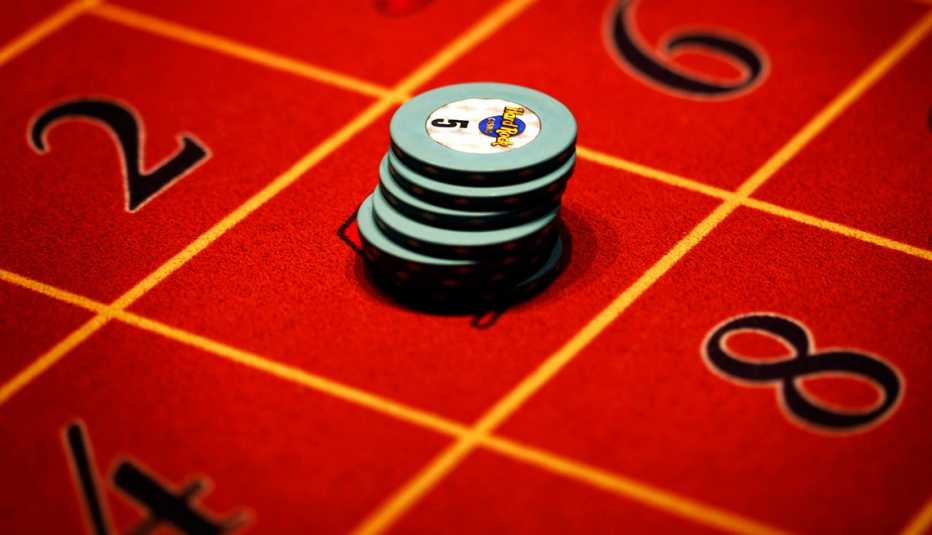AARP Hearing Center


l "It was like electronic heroin," Maureen O'Connor said of the machine she thought she could beat. "You know, the more you did, the more you needed — and the more it wasn't satisfied."
But in the end it was the machine that beat O'Connor, leaving the former San Diego mayor and heiress to a $50 million fortune all but destitute. At 67, she now lives with her twin sister instead of in the beachfront estate in La Jolla that she and her late husband, the founder of the Jack in the Box fast-food chain, once called home.
O'Connor's addiction to video poker ("that machine," she called it) was all-consuming. In nine years she placed more than $1 billion in bets at casinos in San Diego, Las Vegas and Atlantic City. O'Connor, in fact, was such a high roller — a "whale," to use the industry's not-so-flattering term — that Vegas casinos would send a private jet to pick her up in San Diego. She didn't disappoint. "I could lose more than a hundred thousand in a day," she told an interviewer last February. (O'Connor, through her attorney, declined to be interviewed for this story.)
As her losses mounted — eventually reaching something like $13 million, according to her lawyers — O'Connor did what eventually landed her in a federal courtroom, charged with the felony crime of money laundering: She took $2,088,000 from a charitable foundation set up by her husband in 1966, depleting its assets and leaving it insolvent.
What caused O'Connor — a onetime champion swimmer, San Diego's hard-charging "Mayor Mo" from 1986 to 1992 — to fall into such an abyss? She herself blamed an addiction to gambling made worse by a brain tumor, diagnosed in 2011. Her lawyers noted in court filings that she turned to gambling in a big way sometime around 2001, as she continued to struggle with pain and loneliness following the death of her husband. "The pattern," her lawyers wrote, "fits the syndrome known as grief gambling."
Under a deferred-prosecution agreement, O'Connor promised to undergo treatment for gambling addiction, repay the money she took from the foundation and cover the tax liability associated with her misappropriation of funds.
While O'Connor will never see the inside of a prison, others aren't so fortunate. Marilyn Lancelot lost almost everything, too: two homes, her car and her life savings. But it wasn't until police arrived and led her off in handcuffs that her life finally hit rock bottom.
Deep in debt, she'd begun forging her boss's name on checks and cashing them to feed a runaway gambling addiction. "There wasn't anything I wouldn't do to get more money to gamble," says Lancelot, 83. Convicted of embezzlement, she spent almost a year in prison.
The number of casinos has exploded over the past few decades. In the 1960s, only Atlantic City and Nevada had casino gambling. Today, casinos operate in more than 30 states. Add state lotteries, Powerball and now Internet gambling sites, and there are plenty of ways to try your luck and lose a little cash. Many adult communities, assisted living centers and even churches organize outings to nearby casinos.
It's easy to understand why they are a big draw, says Jon Grant, M.D., a professor of psychiatry and behavioral medicine at the University of Chicago. "Casinos are full of sights and sounds where older people can feel safe. They're handicapped accessible. You can go in any kind of weather."
In fact, experts say, older Americans are the fastest-growing segment of gambling addicts. For about 8 percent, it's an addiction that can cost them their retirement nest egg.
"About 40 percent of the people we see are over 50," says psychologist Robert Hunter, who directs the Problem Gambling Center in Las Vegas. "Many of them are people who got into trouble after retiring and moving to a place where casinos are a big part of social life."



































































More on health
Brain Health Center
Check out our new Brain Health Center for tips on how to live smart and stay sharp at any age.